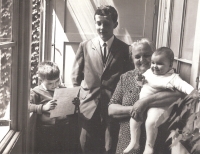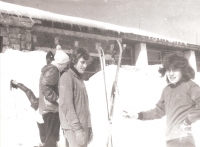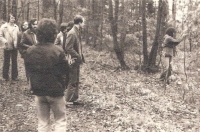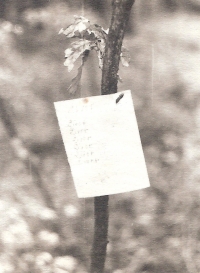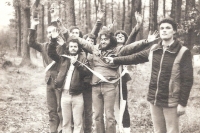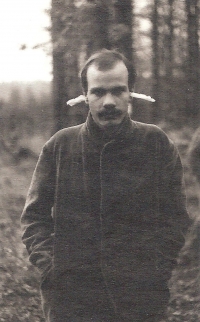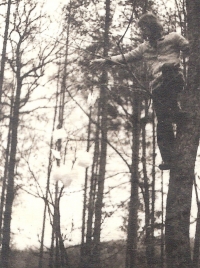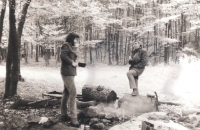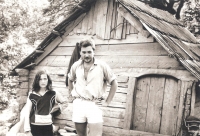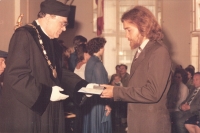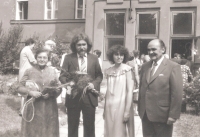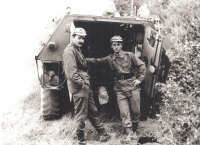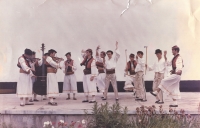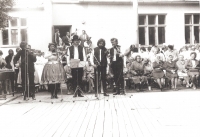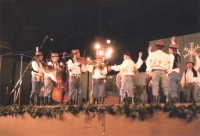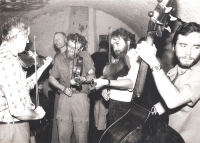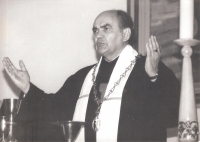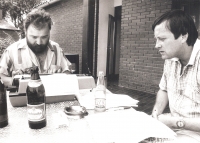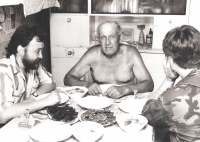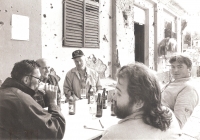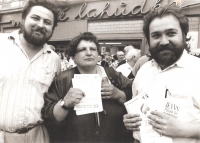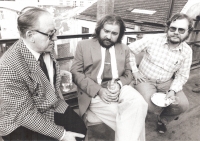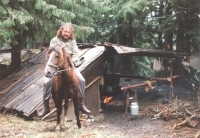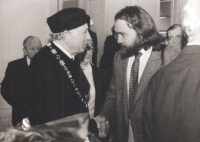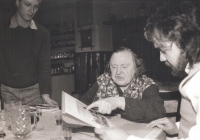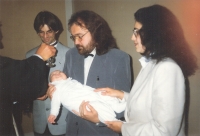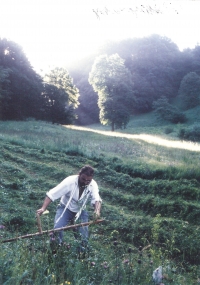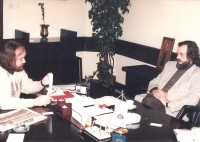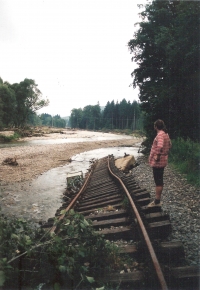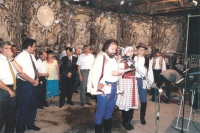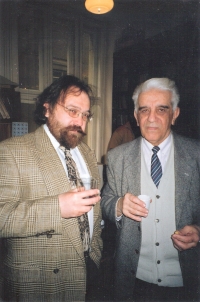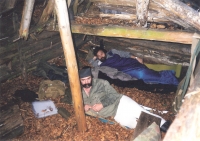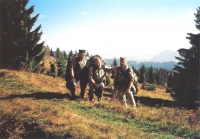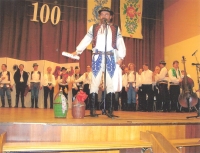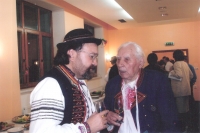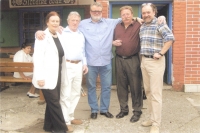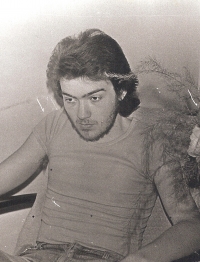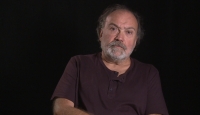The important thing is not to be an a priori enemy of someone who has a different opinion

Stáhnout obrázek
Václav Štěpánek was born on 31 March 1959 in Dačice and grew up in Brno. His parents Ludmila and Vratislav Štěpánkovi were priests of the Czechoslovak Hussite Church. When he was eight years old, he watched the arrival of the Warsaw pact tanks from the windows of the flat on the corner of the Česká and Joštova Street in Brno in August 1968. After finishing grammar school at the end of 1970s, he studied Russian and Bulgarian language at the Faculty of Arts of Jan Evangelista Purkyně University in Brno. At the university he was in contact with a circle of Brno intellectuals and Chartists. During the studies, he went to a study stay in Yugoslavia. He graduated in 1983. In the same year he started the compulsory military service in Lešany in the Central Bohemian Region where he cofounded army folkloric ensemble Radost. In 1986 he became the editor of the magazine Věda a život (Science and life) and a year later he edited an ecological magazine Veronica. He signed the petition Několik vět and actively took part in the Velvet Revolution in Brno. Since 1991 he worked in the editorial staff of Lidová demokracie thanks to which he went to the Balkans as a war reporter and informed about the then war conflict. In 2021 he lived in Brno.
